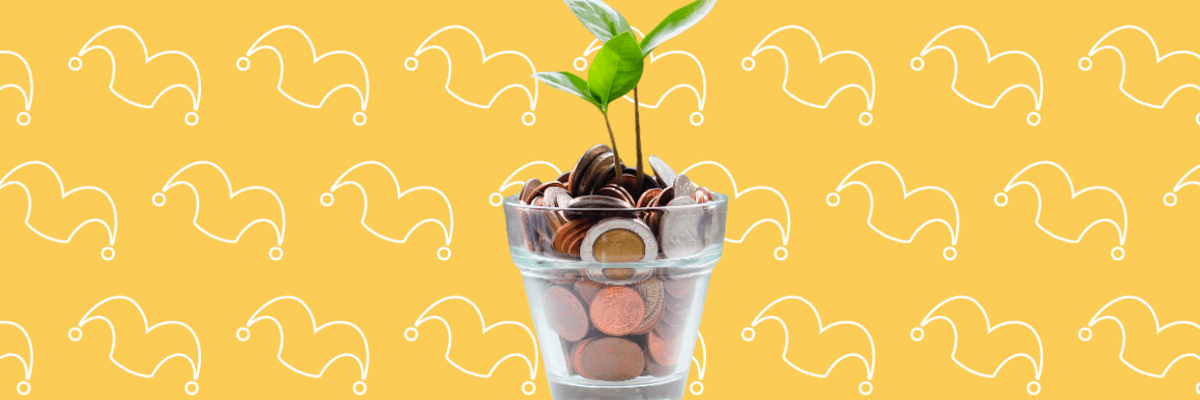Here's What Happens if You Change Your Mind After Opening a CD
KEY POINTS
- CDs usually require you to leave your money alone for a certain period, and you can be charged penalties for early withdrawals.
- You also usually have to withdraw all your money from the CD at once.
- A high-yield savings account or a no-penalty CD could be a better choice for those who worry about having to withdraw their savings too soon.
Certificates of deposit (CDs) are a great option to grow your wealth while still keeping your money safe. And there's never been a better time to invest in one. The best CD rates right now are hovering around 5%. That could put quite a bit of money in your pocket, assuming you can leave your cash alone until the CD term ends.
Withdrawing money from your CD early is possible, but there are usually consequences. Here's what you ought to know if you're thinking about opening one.
What are the penalties for closing a CD early?
CDs give you a high interest rate because you're agreeing to leave your money untouched at the bank for a certain amount of time, possibly even years. More money in bank accounts gives the bank a greater ability to lend money to other customers.
The bank doesn't want you to take your money out unexpectedly, which is why most CDs carry a penalty for early withdrawals. Exact fees vary by bank, but you'll typically lose several months of interest payments. It's possible you could even lose some of your principal if you withdraw the money within a few months of depositing it, since the fee might be higher than the amount of interest you've earned at that point.
In addition, you'll probably have to pull the full amount out of the CD; you can't just take what you need and leave the rest to grow. You usually can't make any additional deposits to the account once it's open either.
If you wanted to leave some of your money in a CD and spend the rest, you'd have to close your existing CD, pay the penalty, and open a new CD. It's possible that rates on future CDs won't be as high, so this might not be your best move.
What should you do if you don't think you can leave your CD alone?
If you don't think you can leave your CD funds untouched for the entire CD term, a CD probably isn't the right fit for you. You may want to consider a high-yield savings account instead. These can still offer impressive interest rates that are on par with the highest CD rates, but they also make it easier to access your funds.
Most banks permit you to withdraw your savings account funds as needed, though some may impose limits on how many fee-free withdrawals you can make per month. There may also be restrictions on how much you can withdraw per day. Check with the bank to learn more.
You could also try seeking out a no-penalty CD. These are less common than traditional CDs, but they allow you to withdraw your money at any time without penalty. However, they generally have lower APYs than traditional CDs do, and you may still have to withdraw all your money at once.
You could also opt for a short-term CD if you'd rather. These are actually the ones with the most competitive rates at the moment. Think about when you expect to need the money and decide upon a term that will suit you. Then, explore the CDs with the most competitive rates for those terms.
Our Research Expert




